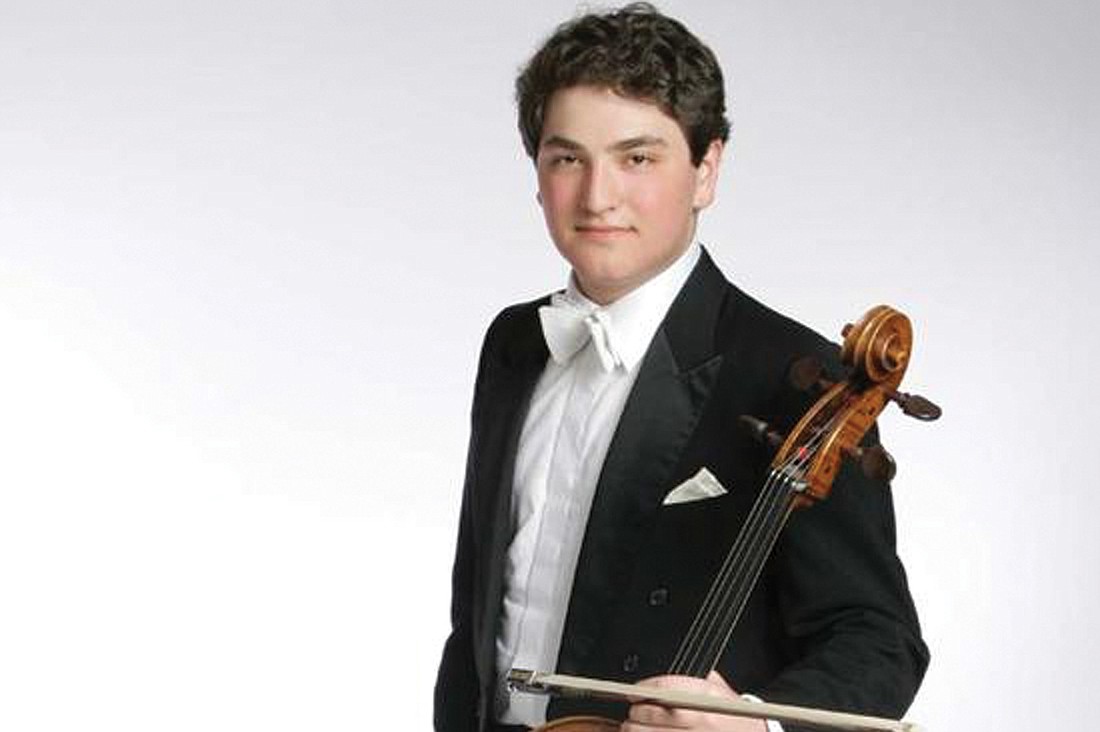- November 28, 2024
-
-
Loading

Loading

There’s a lot more to making music than perfection. In fact, in many ways, a great performance is a lot like a beautiful person: someone who’s dressed impeccably and makes a magnificent impression until you get to know her and realize her beauty doesn’t go very deep.
That’s a little like what happened at the Sarasota Orchestra’s recent Masterworks Concert at the Van Wezel, which was conducted by Michael Stern, current music director of the Kansas City Symphony and the son of the great violinist, Isaac Stern. The concert featured cellist Julian Schwarz, the 20-year-old son of conductor Gerard Schwarz.
The program, Brahms’ “Academic Festival Overture,” Saint-Saëns’ A minor Cello Concerto and Tchaikovsky’s Fourth Symphony, although not terribly innovative, was certainly appealing because each of these works is well-known and beloved.
Then, there’s the Sarasota Orchestra, which keeps sounding better and better.
So, what went wrong?
Stern is an accomplished conductor. His beat is a bit hard to follow at times, but he has strong ideas about what he wants and seems able to convey his message to the musicians. He worked extremely hard. In fact, he worked so hard, he didn’t allow the instrumentalists to soar, and, as a result, the Brahms and Saint-Saëns sounded perfunctory and metronomic, lacking both breadth and breath.
Was it bad playing? By no means. The brass and woodwinds outdid themselves. But the “Academic Festival Overture,” a rousing, fun-filled fantasy that includes an exuberance not often associated with the more serious side of Brahms, became, well, academic. And the cello concerto, a virtuosic work that’s brilliant and passionate, lacked the tension and color one’s accustomed to hearing in this piece.
It would be good to hear Schwarz under different circumstances, because, although there was inherently nothing wrong about what he did in either his technical prowess or interpretation, the work was given such a mechanical and dutiful performance, it was hard to know just how deep his talent runs.
Then came the Tchaikovsky. Again, Stern pumped and prodded, pushed and pulled, while the orchestra plodded along until the beginning of the third movement. Suddenly, Stern let go and allowed them to play, and we were at a different a concert.
It must be said that Stern, conducting without a score in the Brahms and Tchaikovsky, obviously cares about connecting with his musicians. But he’d been trying too hard. Where the performance had been sterile and detached, it was now vivid and convincing. Stern hardly moved. His hands relaxed, and he seemed to lead with his eyes, making the kind of connection a conductor can make when he has a good band in front of him and the confidence to give it its head.
That kind of charisma and excitement continued through the rest of the Tchaikovsky and showed how, when we get out of our own way, we can really fly. Adding to this suddenly monumental performance was, in the last chair, last stand of the cello section, Schwarz, who obviously wanted to play some more. We’ve seen this happen before, proving the music comes first, not the notoriety or fame of being in the spotlight. And what a lovely tribute to his colleagues in the Sarasota Orchestra.